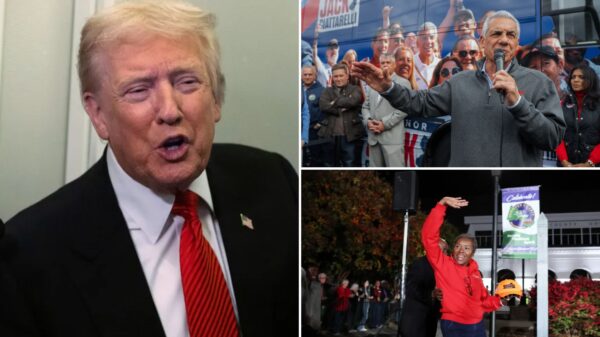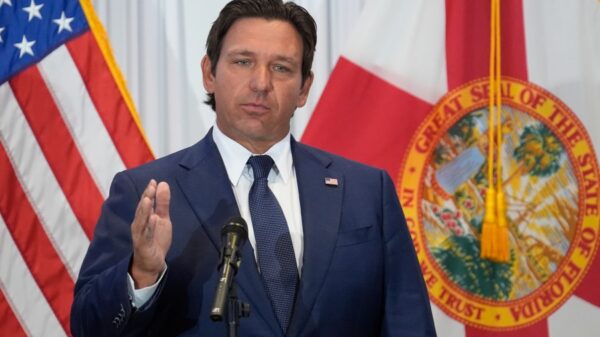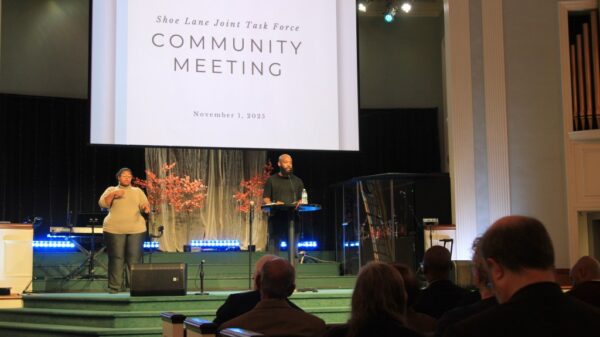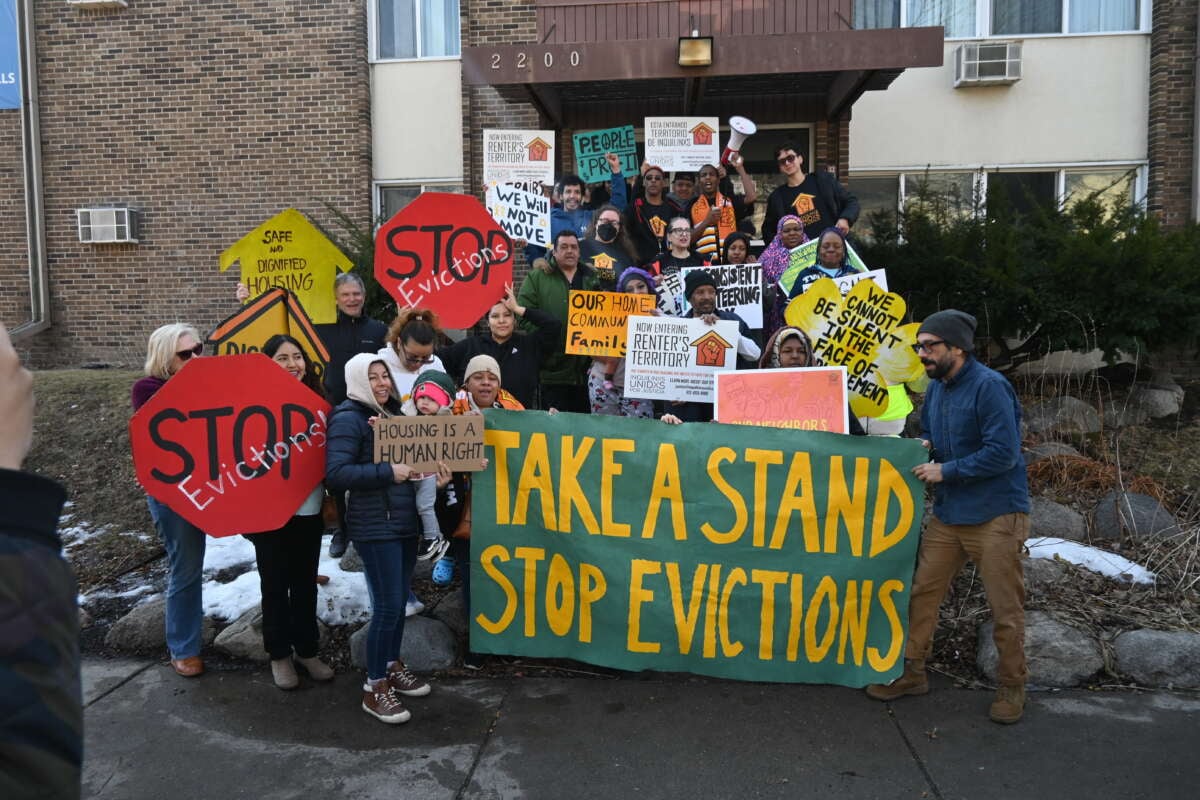The tenant movement in the United States is gaining momentum as numerous tenant unions unite to challenge corporate landlords and advocate for housing justice. This grassroots initiative has seen thousands of tenants organize in cities such as Los Angeles, Chicago, and Kansas City in recent years, pushing back against the failures of the housing system.
Formed in 2024, the Tenant Union Federation (TUF) aims to consolidate the power of tenant unions nationwide, striving for substantial tenant protections and alternatives to the current housing market. The federation seeks to establish housing as a public good and elevate tenants to a political class that cannot be ignored.
Through a series of interviews with TUF representatives, the challenges and triumphs of collective tenant organizing were highlighted. The discussions involved key figures such as Edain Altamirano, organizing director of Inquilinxs Unidxs por Justicia in Minneapolis, Emily LaShelle, organizing director of the Bozeman Tenants Union in Montana, and Josh Poe from the Louisville Tenants Union in Kentucky.
Building Community Power Against Landlords
The participants emphasized the importance of solidarity among tenants. Altamirano noted that organizing is crucial for communities facing gentrification and displacement. “Landlords and developers are trying to break our communities. Organizing is a way to reconnect and keep it whole,” she explained.
LaShelle echoed this sentiment, stating that organizing empowers tenants by revealing the true sources of their struggles. “When your life is difficult, it’s easy to blame your neighbor. But tenant unions help clarify who benefits from our suffering,” she said. Poe added to this perspective, stressing that collective organizing is often the only defense against inadequate housing conditions and oppressive landlords.
The Challenge of a Hostile Power Structure
The interviewees also addressed the systemic challenges they face. The housing system, they argued, is designed to benefit corporate landlords and developers at the expense of tenants. Altamirano described it as “super racist,” noting that it segregates communities to weaken collective power.
In Kentucky, Poe highlighted the influence of both political parties that often prioritize real estate interests. He claimed that the Kentucky Democratic Party can be just as obstructive to working-class interests as their Republican counterparts. LaShelle pointed to the growing consolidation of housing portfolios, which complicates tenant organizing efforts. “As these portfolios get larger, it requires greater organization to bend them to our demands,” she said.
The TUF representatives emphasized that their collective efforts are vital to resist this entrenched power structure. By sharing strategies and building a national network, they believe they can empower tenants across the country.
Lessons and Insights from Tenant Organizing
The interview concluded with recommendations for those interested in starting their own tenant organizing efforts. “Always trust the people,” Altamirano advised. She emphasized the need to listen to community members and allow them to guide the organizing process.
LaShelle reminded aspiring organizers not to make choices for others but to empower them to make their own decisions. “This movement is about providing real choices,” she stated. Poe reinforced this notion, encouraging collaboration rather than a top-down approach. “Don’t do it for people. Do it with people,” he said.
Despite the challenges, the organizers expressed a deep commitment to their cause. Altamirano spoke of the personal motivation she derives from her work, stating, “This organizing is about liberation for myself. I want to fight for my community.” LaShelle and Poe shared similar sentiments, emphasizing that the collective struggle keeps them motivated and hopeful for change.
Overall, the growing tenant-led movement across the United States illustrates a shift towards collective action in the fight against corporate landlords. With organizations like the TUF leading the charge, tenants are increasingly asserting their rights and redefining power dynamics in housing. As they navigate the complexities of the housing system, their determination to create a more equitable future remains steadfast.






































































